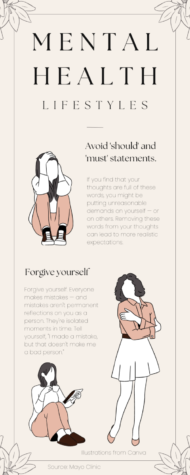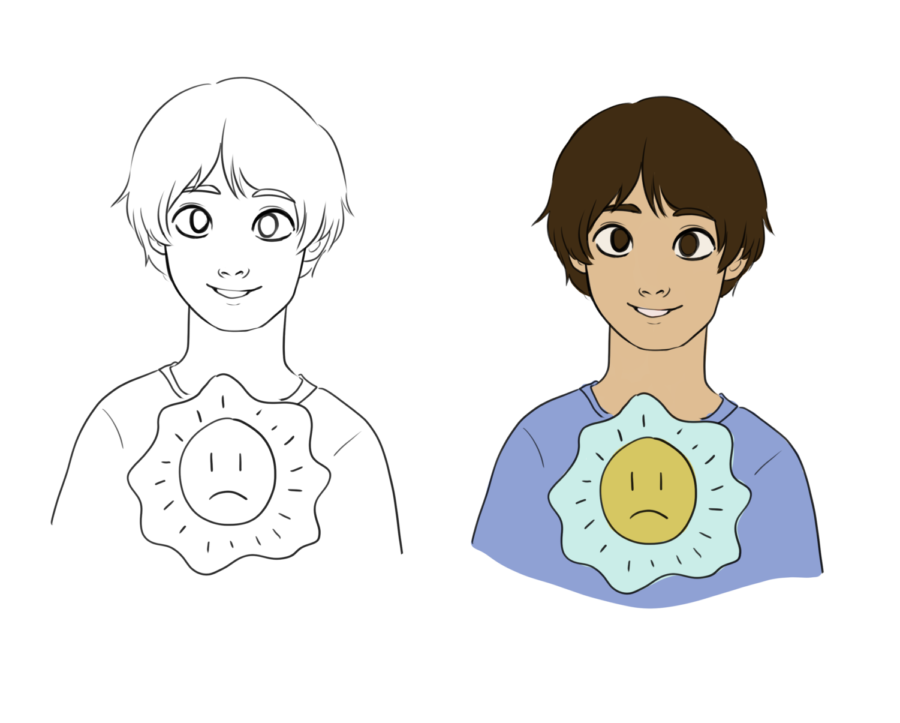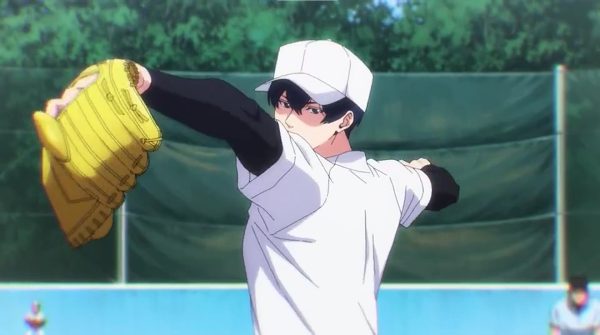No laughing matter
Students use self-deprecating humor as a defense mechanism or a way to avoid confrontation– but should they?
photo by Caitlyn Hale
Although we hear it every day, we don’t think how self-deprecating humor affects our mental health. Journaling and writing your emotions down can help deal with low self-esteem that might be causing self-deprecating humor.
“I suck at math, I’m gonna fail this test.”
“I literally look so bad in this, I’m so ugly.”
“I’m so sick of this, I’m literally gonna kill myself.”
Words of self-deprecation, self-loathing and even self-harm are commonly heard in a high school hallway. Whether the subject is something as small as the shirt they are wearing or as big as failing a semester exam, self-deprecating humor is concerningly present in everyday life. However, while these words are symptoms of a disease, it is not the disease itself. The greater problem is the fact self-deprecation becomes an instinct. When we are convinced self-deprecation is the only way to get along with others, we make it a part of who we are, and the more we say it, the more we believe in it.
“Sometimes students focus so much on being unhappy about something that it almost becomes second nature to just be down,” mental health counselor James Bartlett said.
According to the Pew Research Center, the number of teenagers who recently experienced depression increased 59% between 2007 and 2017, and the number of suicides have risen along with it. While there is no single answer for the cause of this rise, self-deprecating humor is not helping. A 2016 study from Europe’s Journal of Psychology shows that self-deprecating humor is linked to depression and anxiety.
“[Self-deprecating humor] can prolong getting help, because when you use self-deprecating humor, the situation doesn’t seem as bad,” Bartlett said.
If we fail to change our actions today, they will dictate our future behaviors. The teenagers of today are the adults of tomorrow. If the teenagers of today cannot love themselves, how can the adults? If the teenagers of today cannot accept themselves, how can the adults?
That is not to say self-deprecation is a one-sided monster with no benefits. In moderation, self-deprecating humor can project an image of modesty and humility, an essential trait in leaders. It can turn an awkward situation into a funny one, and jokers do not run the risk of accidentally insulting others. However, there is a difference between a joke at your own expense and a pattern of constantly putting yourself down.
Like almost everything in this world, there is a line where self-deprecation becomes harmful. Signs include not being able to take a compliment, self-deprecating when you are alone or believing the jokes.
“I think it becomes harmful when people are mentioning it to you, when your friends and family are saying, ‘I see you joking about this, but when you’re joking about it, you don’t really look like you’re laughing. I see sadness or I see you looking down when you do it,’” Bartlett said.
Bartlett advises seeking out a therapist or counselor if students are experiencing these symptoms. Bartlett himself uses a treatment known as cognitive behavioral therapy, a treatment based on the concept that your thoughts, feelings and physical actions are interconnected. CBT aims to help people deal with overwhelming problems in a more positive way by breaking them down into smaller parts.
“If someone has low self esteem and they’re constantly thinking negatively about it, CBT would identify that thought, help the student challenge those negative thoughts and then replace it with a more realistic thought,” Bartlett said. “So it would change from ‘I’m ugly’ to ‘I am not as happy with how I look. And here are some things that I could do to help it.’”
Self-deprecation is not the only way to get a laugh and it is not the only way to fit in. It has its place; the only thing we have to do is know where the line is drawn.

Your donation will support the student journalists of Hagerty High School. We are an ad-free publication, and your contribution helps us publish six issues of the BluePrint and cover our annual website hosting costs. Thank you so much!








